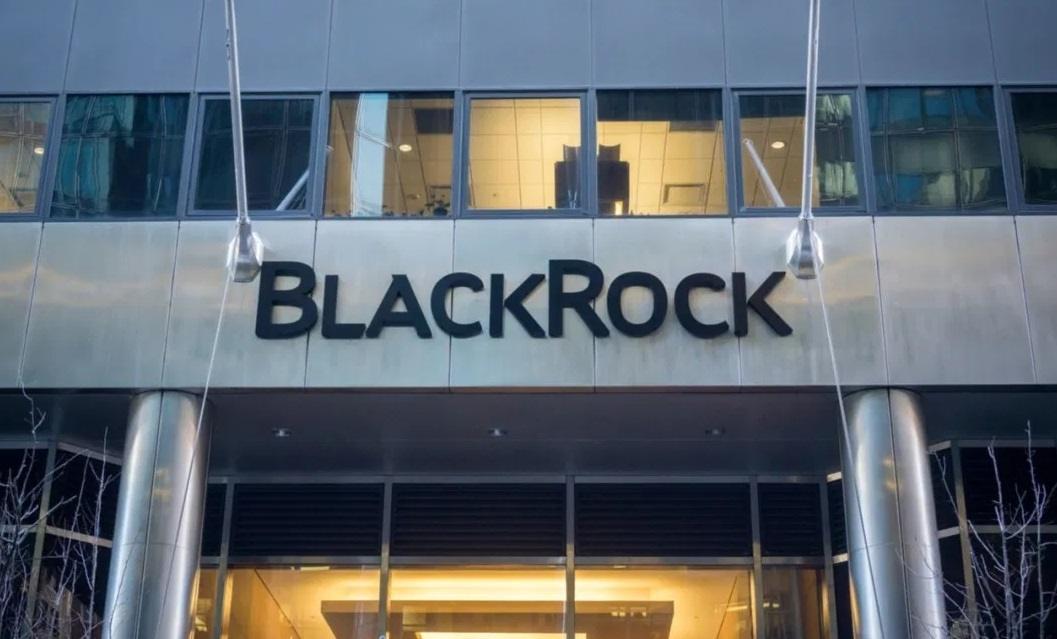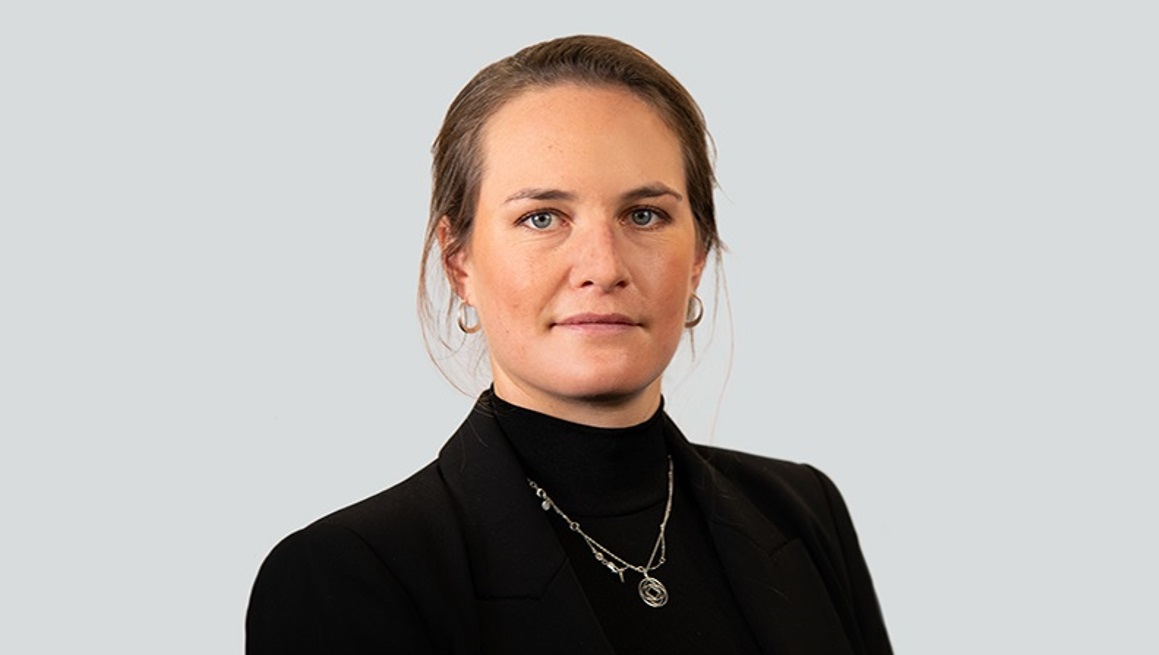Larry Fink CEO Letter: Stakeholder Capitalism is Capitalism
BlackRock CEO says decarbonization will create the greatest investment opportunity of our lifetime
BlackRock Chairman and Chief Executive Officer Larry Fink published his annual letter to CEOs today, focused on the centrality of stakeholder capitalism and corporate values and purpose to long-term returns, value creation and successful investment. Among the focus areas of the letter were the disruptive impact and opportunities from the net zero transition, and the growing importance of stewardship and investor engagement to shareholders.
One of the key themes discussed in the letter is the major role that purpose, values and consideration of stakeholders plays in determining the long-term success of companies. Fink writes:
“Stakeholder capitalism is not about politics. It is not a social or ideological agenda. It is not “woke.” It is capitalism, driven by mutually beneficial relationships between you and the employees, customers, suppliers, and communities your company relies on to prosper. This is the power of capitalism.”
In his 2020 and 2021 letters, Fink highlighted BlackRock’s increasing focus on sustainability and climate action in the firm’s investment process, the wide-ranging impact of the transition to net zero on companies’ business models, and the need for consistent and high quality data and disclosures to track progress in addressing these issues.
This year’s letter develops these ideas further, outlining the evolution of investor, and broader stakeholder, expectations on climate to the point that most “now expect companies to play a role in decarbonizing the global economy,” with capital allocation decisions and long-term company value increasingly affected by a company’s ability to navigate the global energy transition.
According to Fink, these trends, and the “tectonic shift of capital” resulting from climate risk and the energy transition are still in the early stages:
“Sustainable investments have now reached $4 trillion. Actions and ambitions towards decarbonization have also increased. This is just the beginning – the tectonic shift towards sustainable investing is still accelerating. Whether it is capital being deployed into new ventures focused on energy innovation, or capital transferring from traditional indexes into more customized portfolios and products, we will see more money in motion.”
While Fink warns that the disruptive nature of the rapidly emerging net zero transition will lead companies, cities and countries that don’t adapt to lose capital, jobs and people, it also creates enormous opportunities as every sector of the economy is transformed by sustainable technology:
“Engineers and scientists are working around the clock on how to decarbonize cement, steel, and plastics; shipping, trucking, and aviation; agriculture, energy, and construction. I believe the decarbonizing of the global economy is going to create the greatest investment opportunity of our lifetime.”
As BlackRock has emerged as a leading voice in the investment community on climate issues, the company has faced criticism for continuing to hold significant investments in high-emissions sectors. In the letter, Fink addresses the company’s approach to sustainable investing, asserting that divestment from sectors is not an effective method of achieving climate goals. The letter outlines the investment opportunities from focusing on companies in carbon intensive sectors that can transform their businesses and play a leading role in decarbonization. Additionally, Fink points out that in order to ensure a “fair and just” green transformation and ensure the availability of affordable energy, traditional energy sources will continue to have a role during the transition.
“Divesting from entire sectors – or simply passing carbon-intensive assets from public markets to private markets – will not get the world to net zero. And BlackRock does not pursue divestment from oil and gas companies as a policy.”
The CEO letter also discusses the increasing importance placed on stewardship and investor engagement as shareholders look to become more involved in the companies in which they are invested. Fink notes “a growing interest among shareholders – including among our own clients – in the corporate governance of public companies,” and highlights a recent initiative BlackRock has launched to enable institutional clients to participate in proxy voting. Pledging to further expand this process, Fink states that BlackRock is “committed to a future where every investor – even individual investors – can have the option to participate in the proxy voting process if they choose.”
Driven by the evolving relationships between companies and stakeholders, the letter also announces the launch by BlackRock of a “Center for Stakeholder Capitalism,” bringing together CEOs, investors, policy experts, and academics to explore these issues along with the relationship between stakeholder engagement and shareholder value.
As in the prior years’ letters, Fink points out that BlackRock’s focus on sustainability aligns with its fiduciary role as an investor, writing, “We focus on sustainability not because we’re environmentalists, but because we are capitalists and fiduciaries to our clients.”
Click here to read the full letter.





